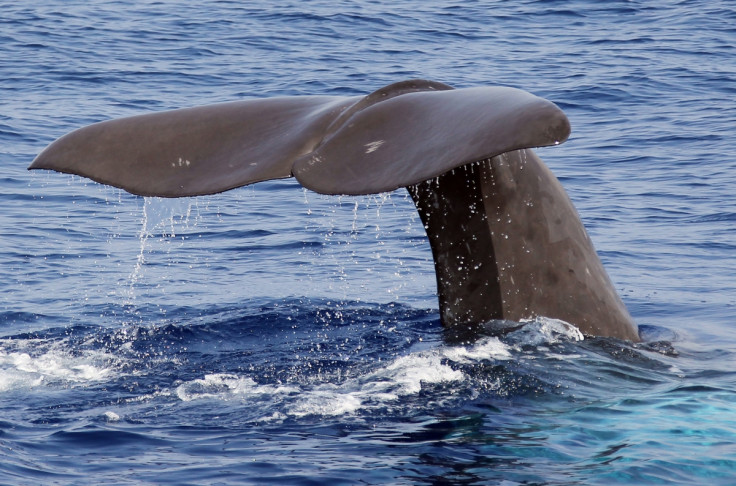US federal court orders Navy to lower sonar levels in order to protect whales
The original case verdict in favour of the navy was overturned in the federal appeals court.

A federal appeals court in San Francisco has ruled that the US Navy be required to lower their sonar levels to help preserve marine life. According to the court, sonar above certain levels could harm whales and other marine mammals.
Ninth US Circuit Court of Appeals passed its verdict on 15 July and ordered the Navy to scale back its use of sonar in the Atlantic, Pacific and Indian oceans and the Mediterranean Sea. Originally the acronym for Sound Navigation And Ranging, sonar uses sound propagation to detect other vessels around and also navigate underwater. But the frequency is similar to the one used by whales, seals and walruses and can cause a disturbance, often disrupting their feeding and mating.
"The result is that a meaningful proportion of the world's marine mammal habitat is under-protected," Judge Ronald Gould said in the 3-0 ruling, which would also set standards for future renewals of the program, according to the San Francisco Gate. He said the government had failed to comply with a law that requires it to make sure its peacetime oceanic programs have "the least practicable adverse impact on marine mammals."
The case against the Obama government was filed in 2012 by various environmental groups led by Natural Resource Defense Council (NRDC). They argued that the US had approved of sound emissions that violated the Marine Mammal Protection Act.
The environmental groups first lost the case in federal court after the US Navy argued that no definitive proof of severe harm had been recorded in its 11 years of using Low Frequency Active Sonar. However, the judge overseeing the appeal ruled in favour of the groups fighting for the marine mammals.
"Because we disagree with the district court's methodology and with its conclusion that the least practicable adverse impact standard was satisfied, we reverse," the verdict statement read.
© Copyright IBTimes 2025. All rights reserved.






















